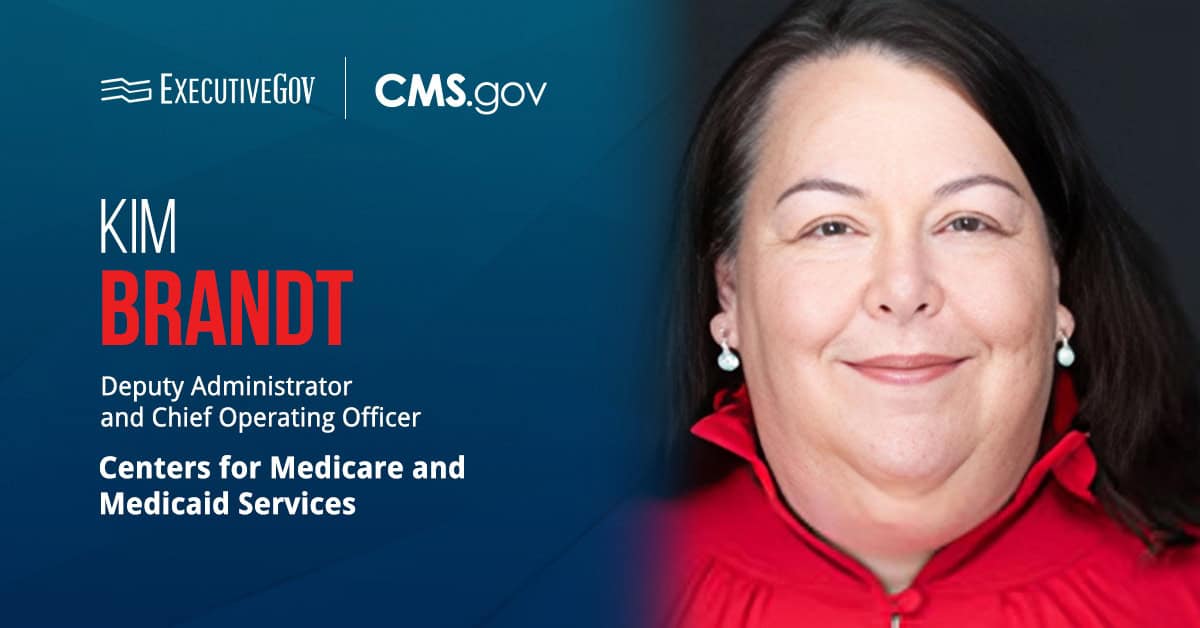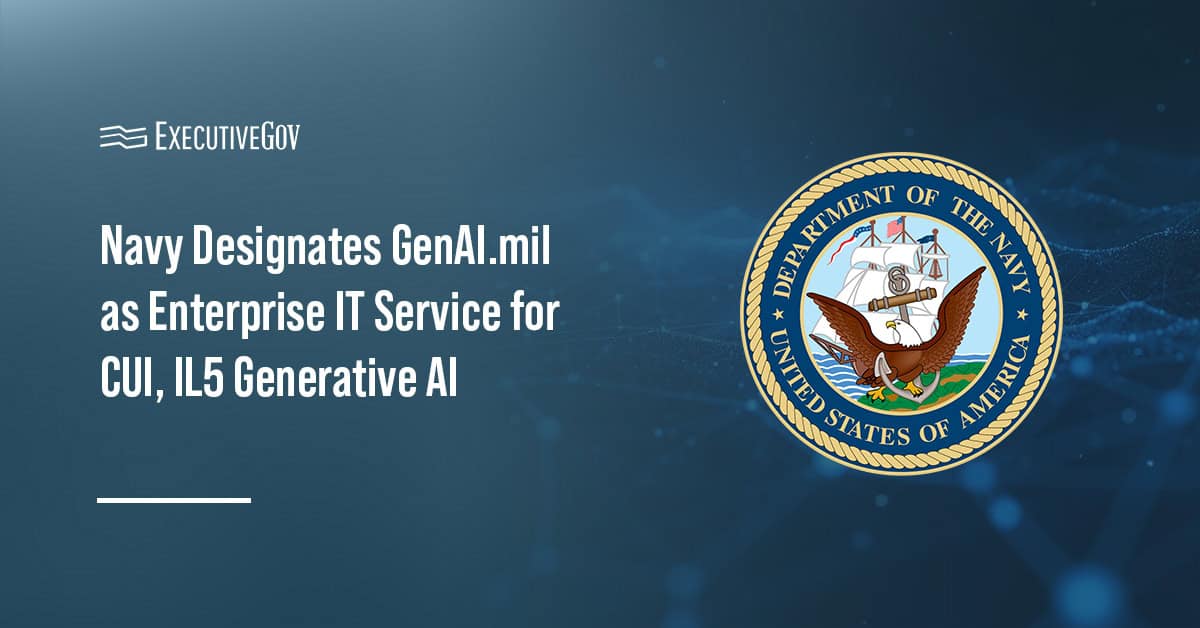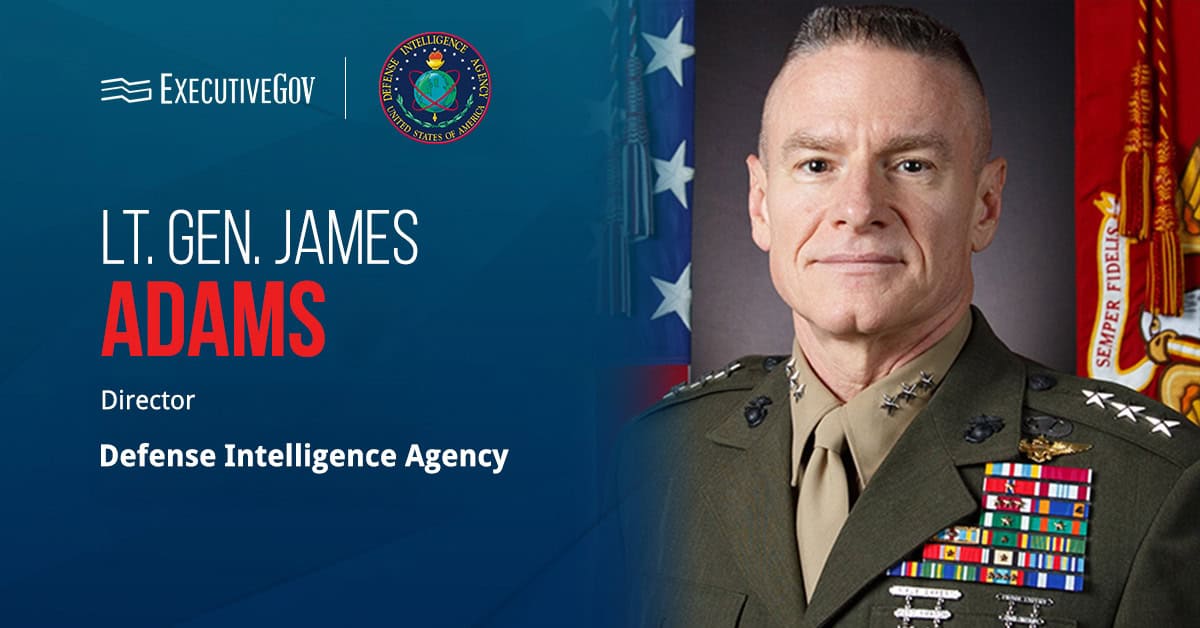
The U.S. Navy has named its next expeditionary fast transport ship after a city in the state of Wyoming.
The future USNS Cody or T-EPF 14 follows at least 28 other vessels that have been named after places or people associated with Wyoming, the Navy said Thursday.
“The people of Cody are staunch supporters of a strong Navy and Marine Corps team and it is fitting to name a ship in honor of this great city,†said Richard Spencer, secretary of the Navy.
EPFs are designed to transport 600 tons of cargo, a 26-person civilian mariner crew, 312 travelling troops on airline-style seating and 104 personnel in a fixed wing berthing.
These ships also feature a helicopter flight deck and a ramp for unloading vehicles.





